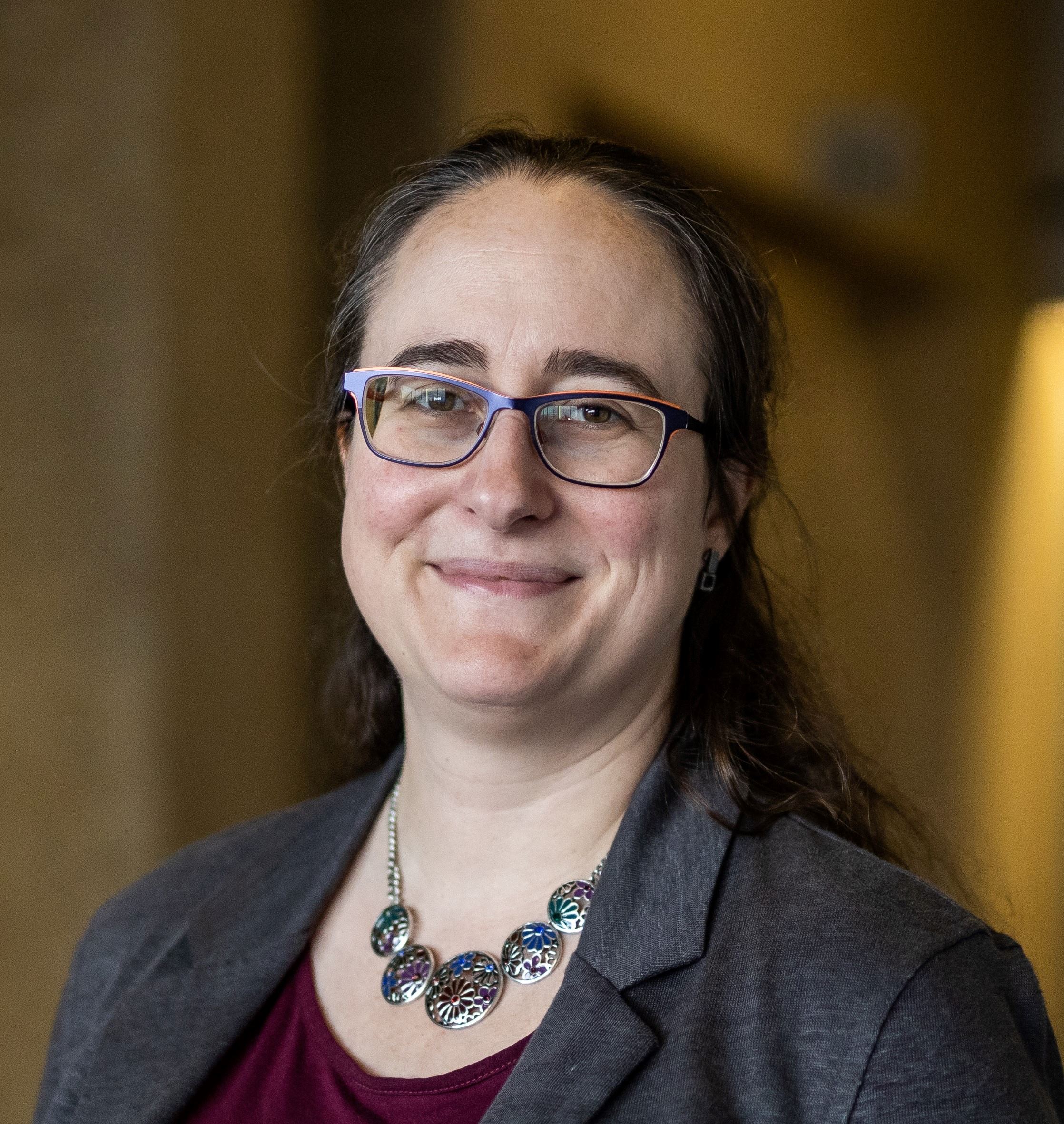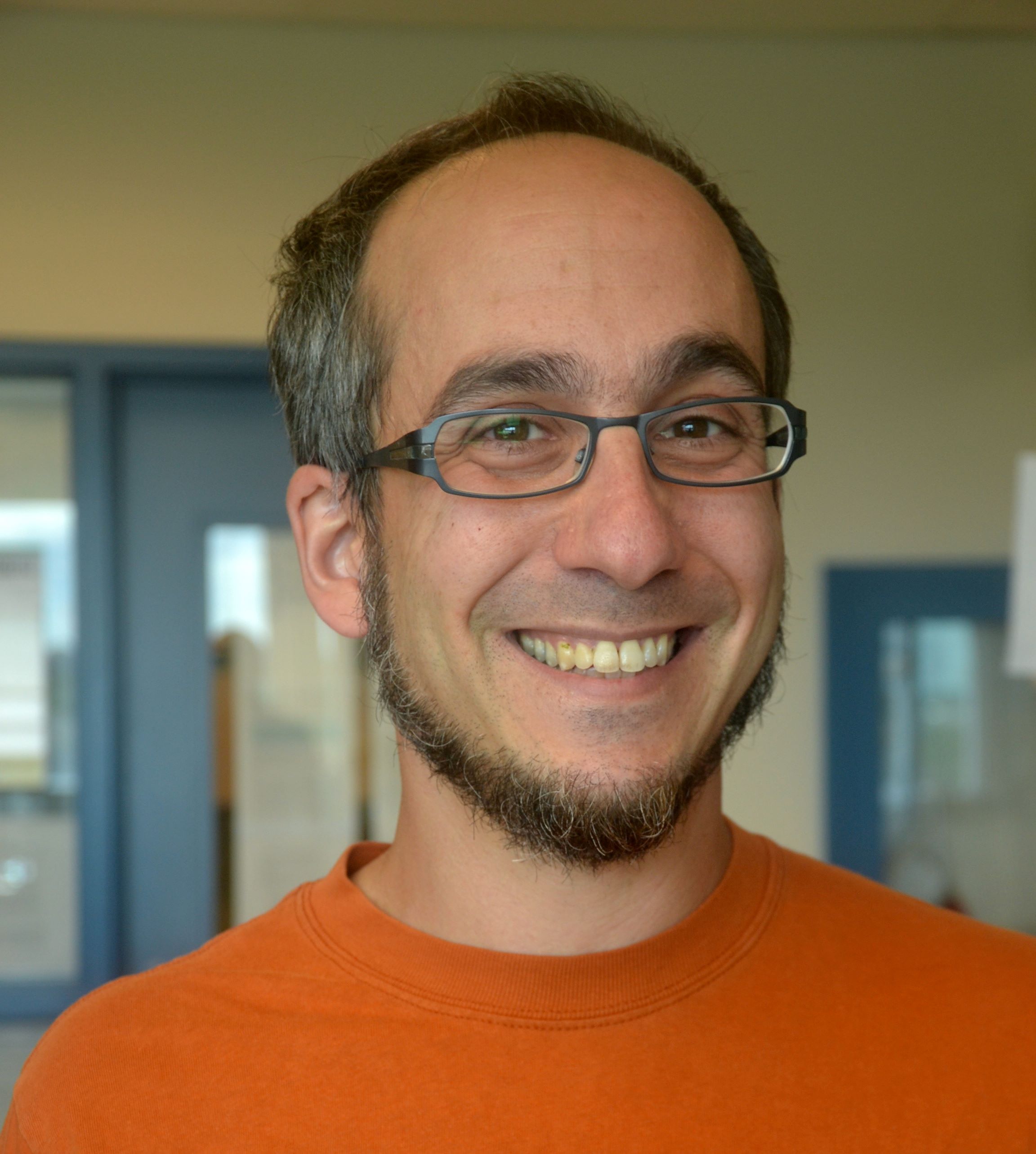Candidates must distinguish themselves in two specific areas, namely:
- Outstanding teaching, as demonstrated through:
- Excellent course evaluations by students;
- Endorsement letters from students;
- Development of innovative content and incentives that engage students in learning processes;
- Involvement in the development of new courses, labs, or curriculum;
- Creativity and impact in pedagogy and/or applications in the development of courses (i.e. online and blended courses);
- Variety in their offer of courses, small and large groups, undergraduate and graduate.
- A solid research program, as demonstrated through:
- Research grants;
- Awards for research;
- Publications;
- Significant contribution to a particular field of research;
- National and international recognition.
This prize is limited to regular professors. Each recipient will receive a $10,000 grant towards research on innovative teaching practices.









